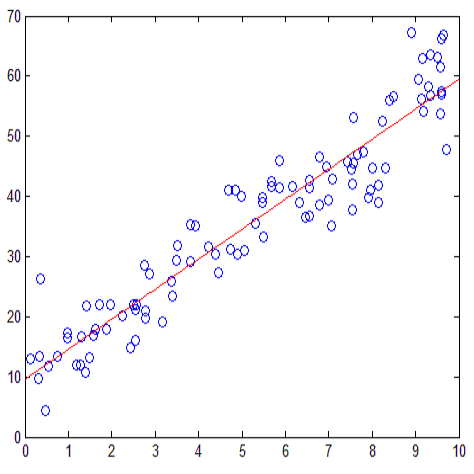Tens of thousands of simultaneous hypothesis tests are routinely performed in genomic studies to identify differentially expressed genes. However, due to unmeasured confounders, many standard statistical approaches may be substantially biased. This paper investigates the large-scale hypothesis testing problem for multivariate generalized linear models in the presence of confounding effects. Under arbitrary confounding mechanisms, we propose a unified statistical estimation and inference framework that harnesses orthogonal structures and integrates linear projections into three key stages. It first leverages multivariate responses to separate marginal and uncorrelated confounding effects, recovering the confounding coefficients' column space. Subsequently, latent factors and primary effects are jointly estimated, utilizing $\ell_1$-regularization for sparsity while imposing orthogonality onto confounding coefficients. Finally, we incorporate projected and weighted bias-correction steps for hypothesis testing. Theoretically, we establish various effects' identification conditions and non-asymptotic error bounds. We show effective Type-I error control of asymptotic $z$-tests as sample and response sizes approach infinity. Numerical experiments demonstrate that the proposed method controls the false discovery rate by the Benjamini-Hochberg procedure and is more powerful than alternative methods. By comparing single-cell RNA-seq counts from two groups of samples, we demonstrate the suitability of adjusting confounding effects when significant covariates are absent from the model.
翻译:暂无翻译



